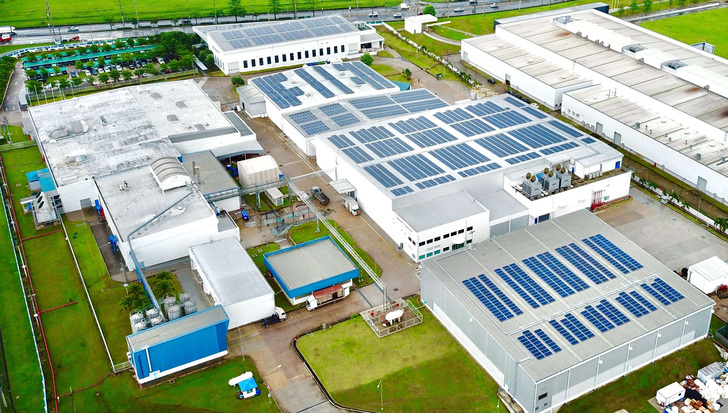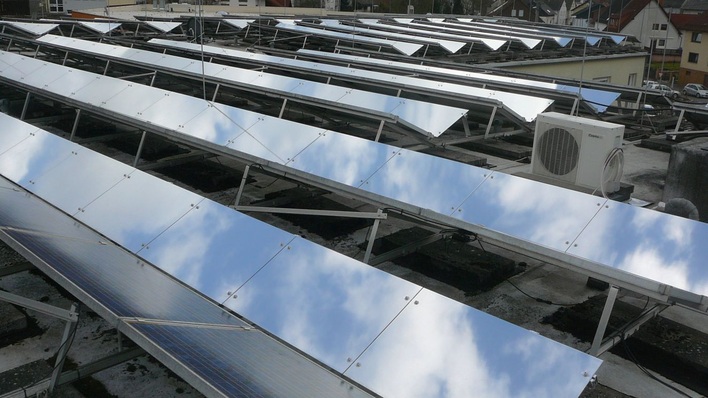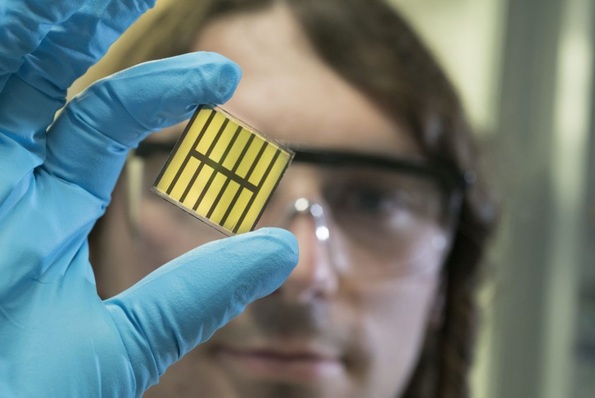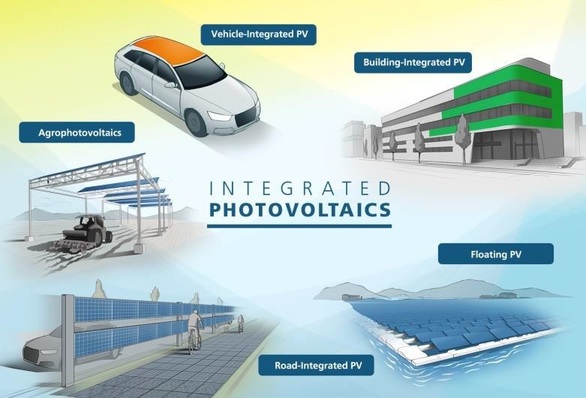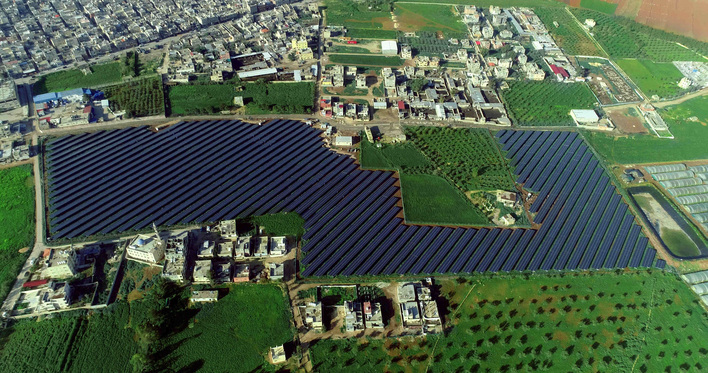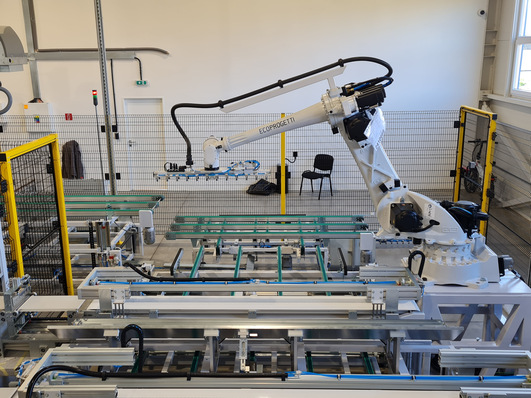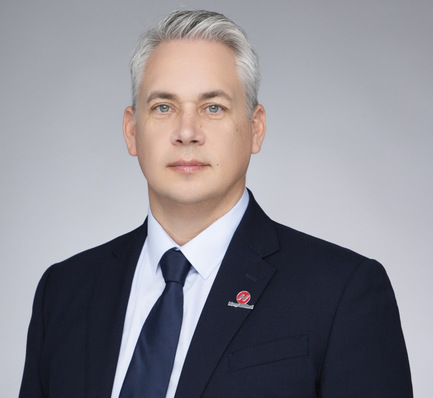With more than 3,000 solar panels installed across four of its factory rooftops, Tetra Pak now has a capacity of 1,000 kilowatts, generating its own green energy for its Thai business. Tor Pramoj, Managing Director of BayWa r.e. Thailand says: “We began operating in the APAC region in 2015 and we are already at the top of the PV wholesale and the utility-scale renewable energy market. This project now marks the first of our Commercial and Industrial (C&I) projects in Thailand and we are delighted it is with Tetra Pak, whose approach to their own renewable energy transition is a great example of a forward-thinking business.”
As an RE100 company, Tetra Pak has committed to sourcing 100 per cent of its energy from renewables by 2030. Oliver Edberg, Environmental Specialist at Tetra Pak says: “Working together with our partners, such as BayWa r.e., Tetra Pak is committed to supporting the transition to a low-carbon circular economy in all the countries in which we operate. We see onsite solar power for our factories as an area where we can make a positive contribution to reducing carbon emissions and to future generations within those communities. Thanks to BayWa r.e.’s services and professional expertise, we now generate an additional 1 megawatts of renewable electricity from solar panels.”
Most solar among ASEAN countries
BayWa r.e. and Tetra Pak are helping to contribute to the green credentials of Thailand. With 70 per cent of the energy consumed in the country having to be imported, Thailand faces a challenge to secure its energy future and improve energy efficiency.
Andrea Grotzke, BayWa r.e.’s Global Director of Energy Solutions, adds: “As a global business supporting companies of all sizes with our tailor-made wind and solar energy solutions, we hope to continue to build upon our relationship with Tetra Pak to support them in more of their markets around the world, helping them on their mission to source 100 per cent of their energy from renewables.”
Currently, Thailand has the highest solar power capacity among ASEAN members, but aims to increase the proportion of energy it sources from renewables from 14 per cent to 30 per cent by 2036 as a key part of its sustainability plans. (mfo)

